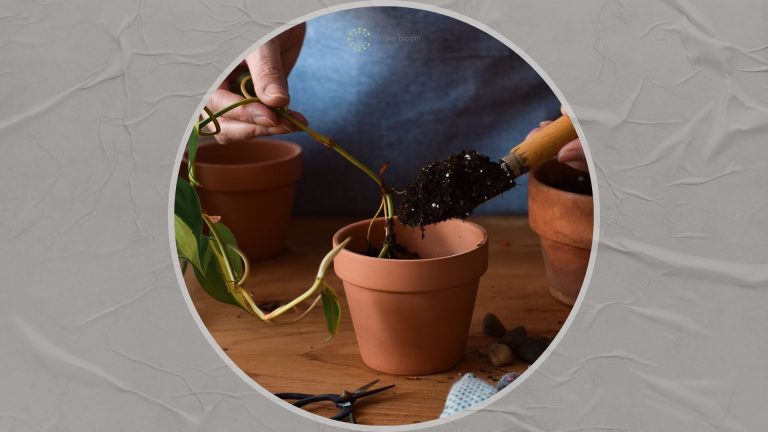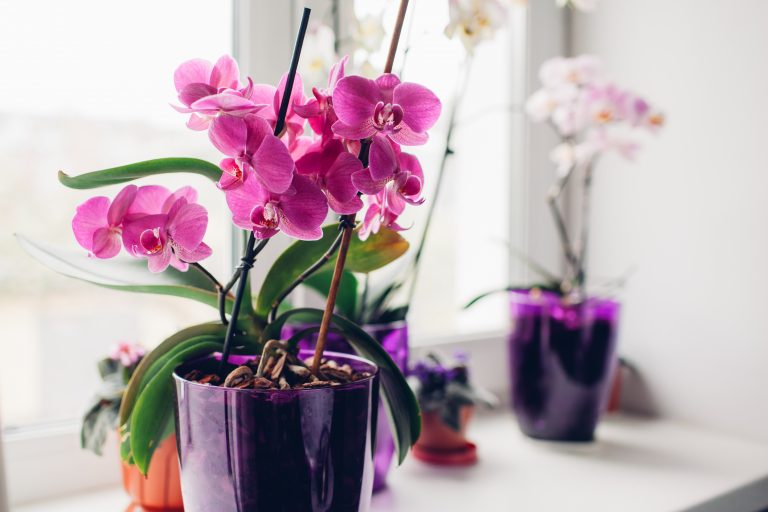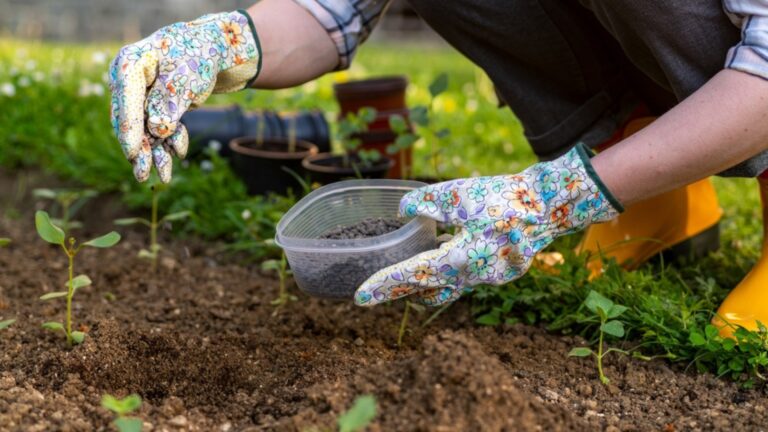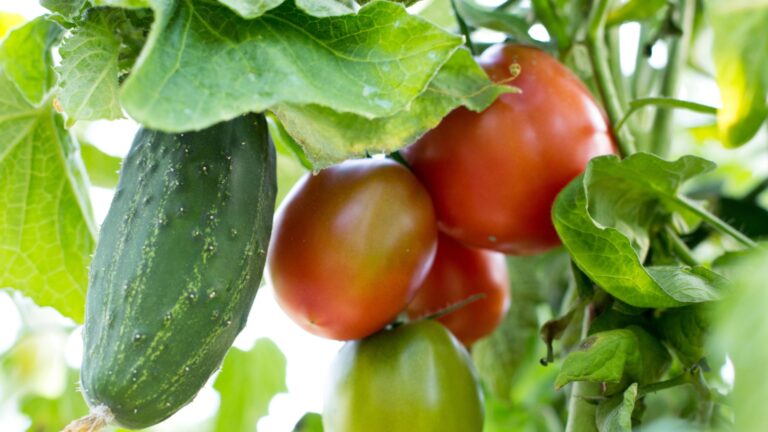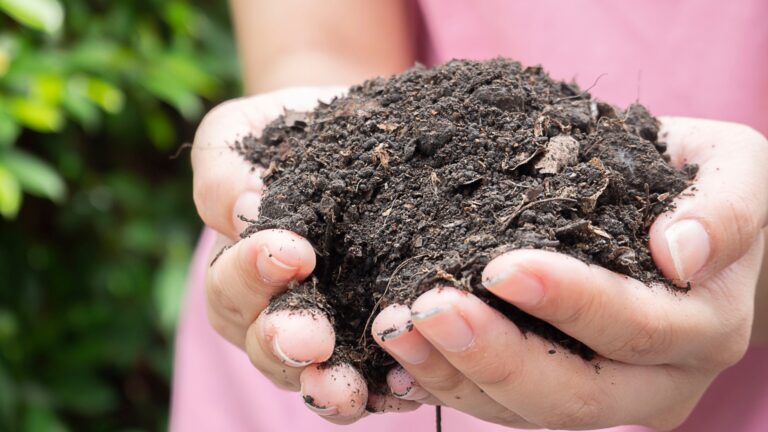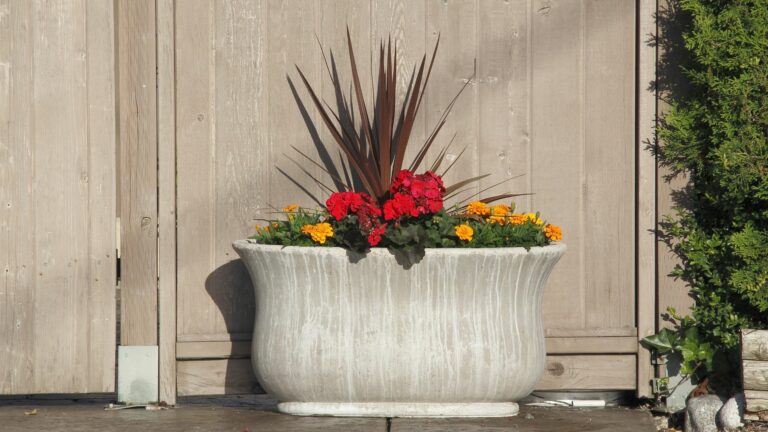Why This Lesser-Known Nutrient Can Dramatically Boost Your Iowa Soil
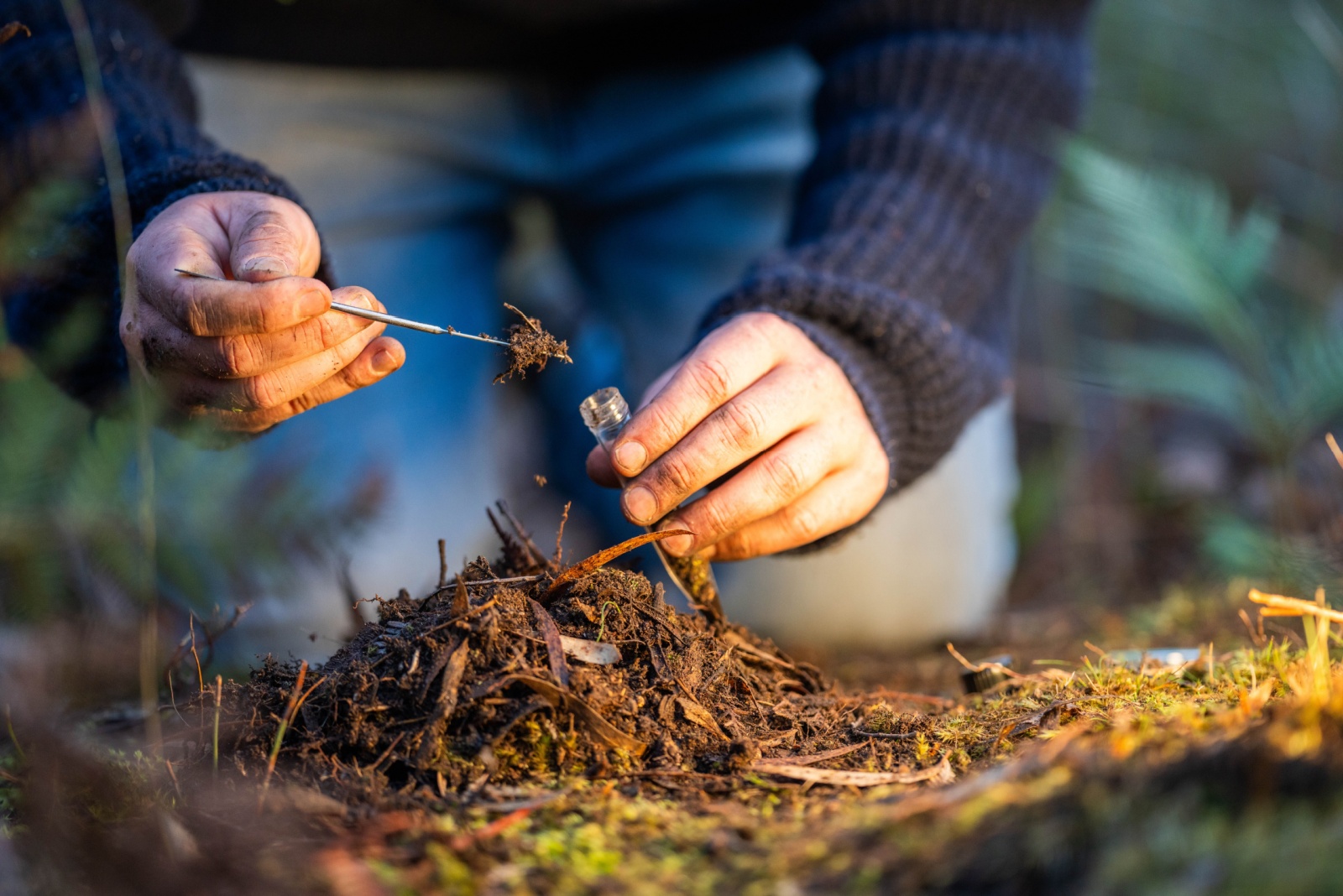
If you’re looking to give your garden or farm a natural boost, basalt rock dust might be exactly what your Iowa soil needs. This volcanic mineral has been quietly helping gardeners and farmers improve their land for years, and it’s packed with benefits that go beyond ordinary fertilizers.
From helping plants grow stronger to bringing back minerals your soil might be missing, basalt rock dust works slowly but powerfully. Let’s explore why this ancient rock could be the secret ingredient your Iowa garden has been waiting for.
1. Packed With Essential Minerals Your Soil Craves
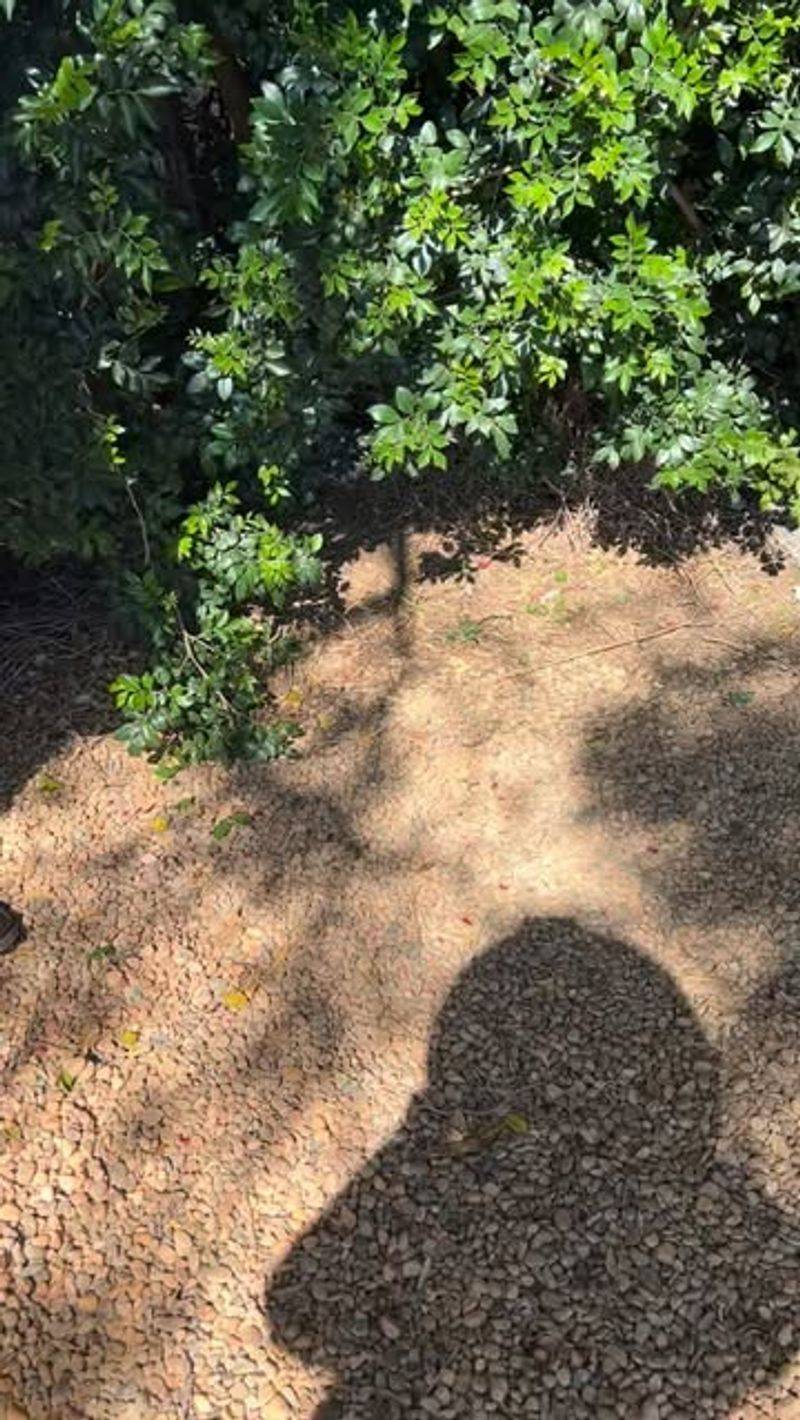
Basalt rock dust contains over 70 trace minerals that plants need to thrive, including iron, magnesium, calcium, and phosphorus. Many Iowa soils have been farmed for generations and may lack some of these important nutrients.
When you spread basalt dust on your garden, these minerals slowly release into the ground, feeding your plants naturally. Unlike synthetic fertilizers that wash away quickly, this volcanic powder stays put and keeps working for months or even years, building up soil health gradually and steadily over time.
2. Improves Clay Soil Structure Naturally
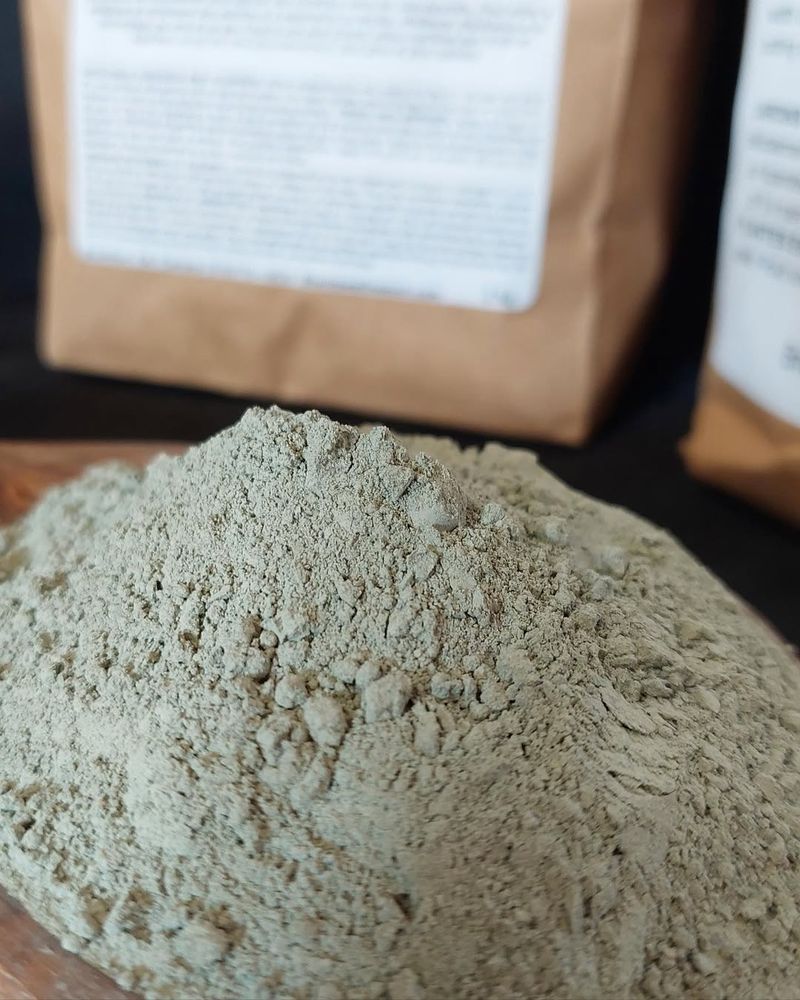
Heavy clay is common across much of Iowa, making it tough for roots to spread and water to drain properly. Basalt rock dust helps break up tight clay particles, creating small spaces that allow air and moisture to move through more easily.
Over several seasons, your soil becomes looser and easier to work with. Plants develop healthier root systems because they can push through the ground without as much struggle, leading to stronger growth and better harvests in your vegetable beds or flower gardens throughout the growing season.
3. Supports Beneficial Soil Microbes
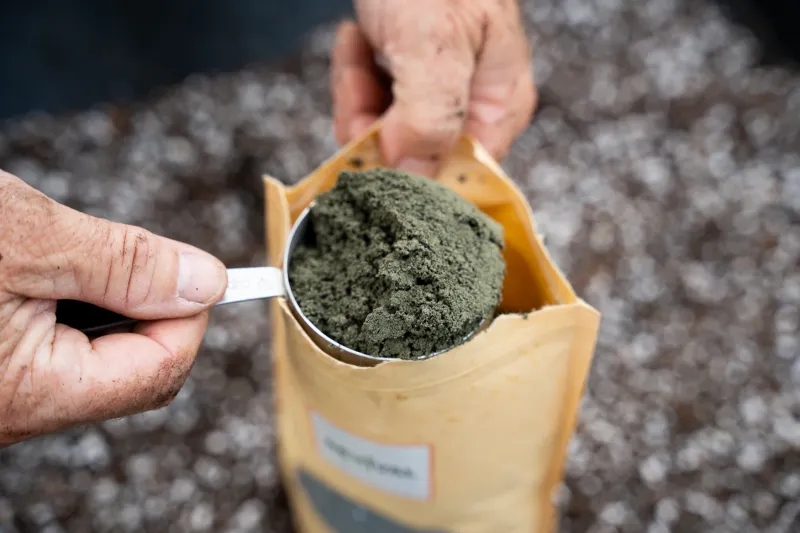
Healthy soil is alive with billions of tiny organisms that help plants absorb nutrients and fight off diseases. Basalt rock dust provides minerals that these helpful bacteria and fungi need to multiply and stay active in your Iowa garden beds.
When your soil microbes are well-fed, they break down organic matter faster and make nutrients more available to plant roots. This creates a natural cycle where everything in the soil works together, reducing your need for chemical treatments and helping your garden become more self-sustaining and resilient year after year.
4. Helps Plants Handle Drought Stress Better
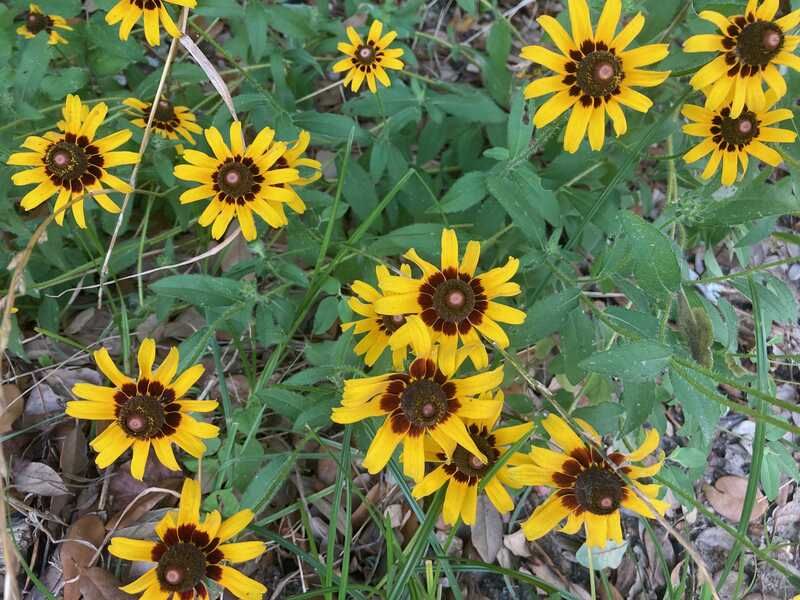
Iowa summers can bring stretches of hot, dry weather that stress garden plants and reduce yields. Basalt rock dust improves your soil’s ability to hold onto moisture by creating better soil structure and helping organic matter stick around longer.
Plants growing in basalt-enriched soil develop deeper, stronger root systems that can reach water farther down. This means they can handle dry spells without wilting as quickly, keeping your tomatoes, peppers, and other crops productive even when rainfall is scarce during those challenging weeks in July and August.
5. Releases Nutrients Slowly Over Time
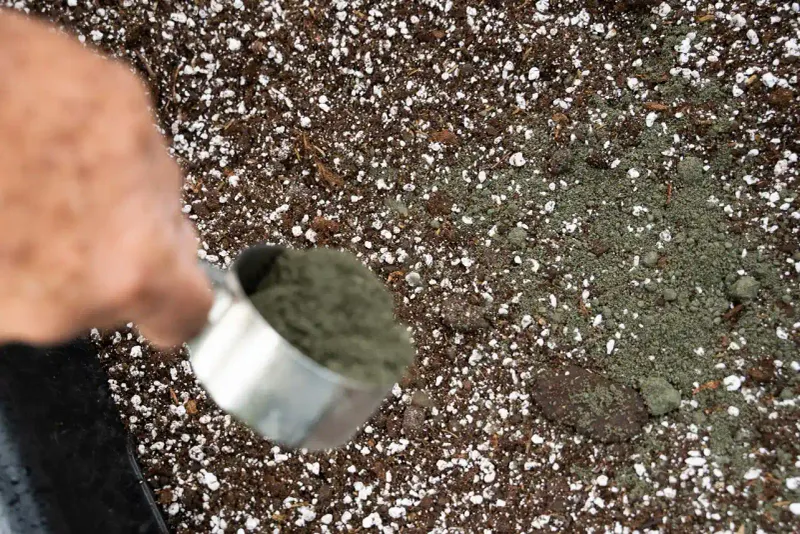
One of the smartest things about basalt rock dust is how it works at nature’s pace rather than all at once. Chemical fertilizers often give plants a quick burst of nutrients that can burn roots or wash away with the next heavy rain.
Basalt dust breaks down slowly through natural weathering, releasing minerals bit by bit as plants actually need them. This means you won’t see dramatic overnight changes, but over months and years, your Iowa soil becomes richer and more balanced, requiring fewer amendments and producing healthier plants.
6. Helps Balance Soil pH Levels
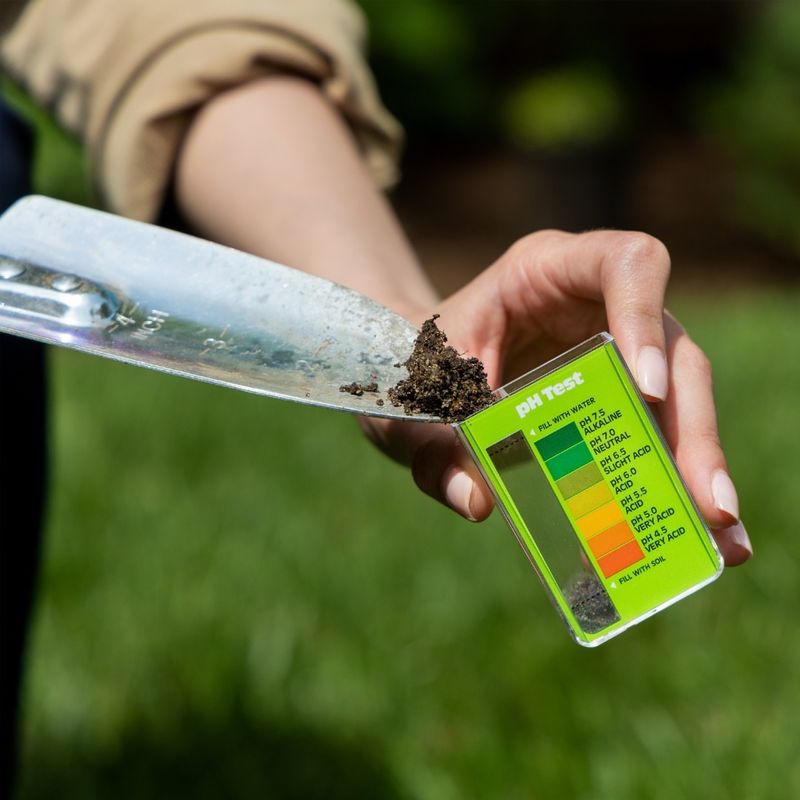
Many Iowa gardens struggle with soil that’s either too acidic or too alkaline for ideal plant growth. Basalt rock dust works as a gentle buffer that helps bring your soil pH closer to neutral over time. This is especially helpful if you’ve been adding acidic materials like pine needles or peat moss.
The minerals in basalt gradually adjust pH levels without causing sudden swings that can shock plant roots. Balanced pH means nutrients become more available to your plants, helping them grow stronger and produce better whether you’re growing vegetables, flowers, or fruit.
7. Reduces Need for Chemical Fertilizers
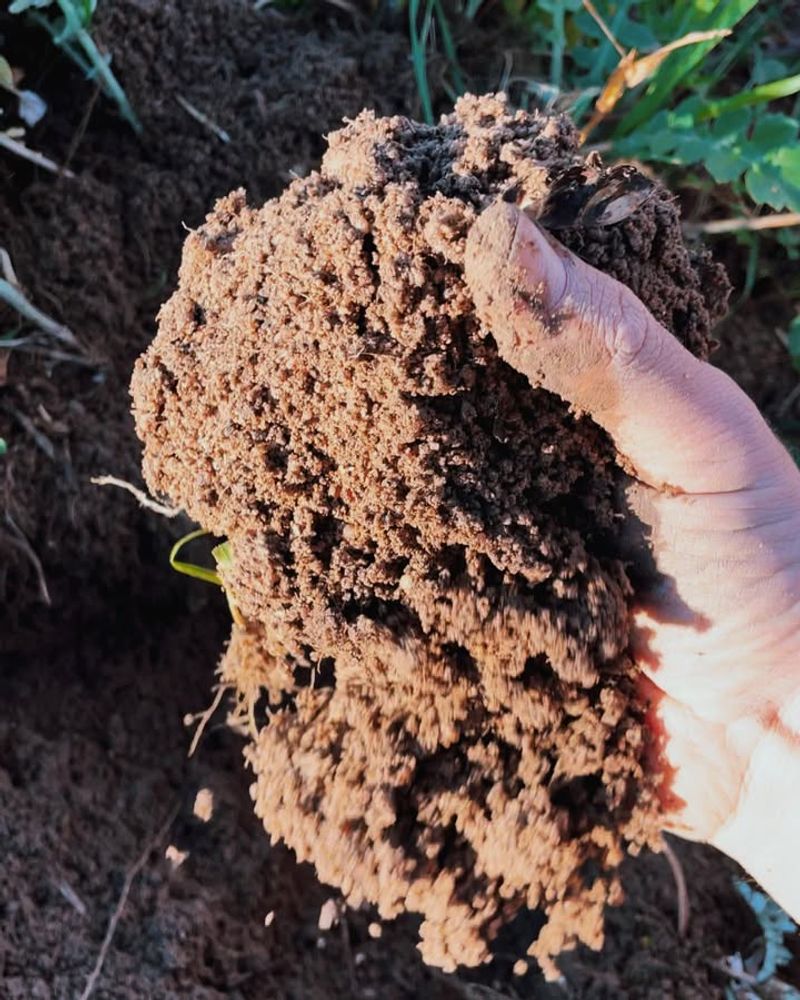
Did you know that regular use of synthetic fertilizers can actually harm your soil’s natural fertility over time? Basalt rock dust offers a sustainable alternative that builds soil health instead of depleting it.
By providing a complete range of minerals and supporting beneficial soil life, basalt helps your Iowa garden become less dependent on store-bought chemicals.
You’ll save money in the long run while growing food that’s healthier for your family and better for the environment, creating a garden ecosystem that takes care of itself more naturally season after season.

